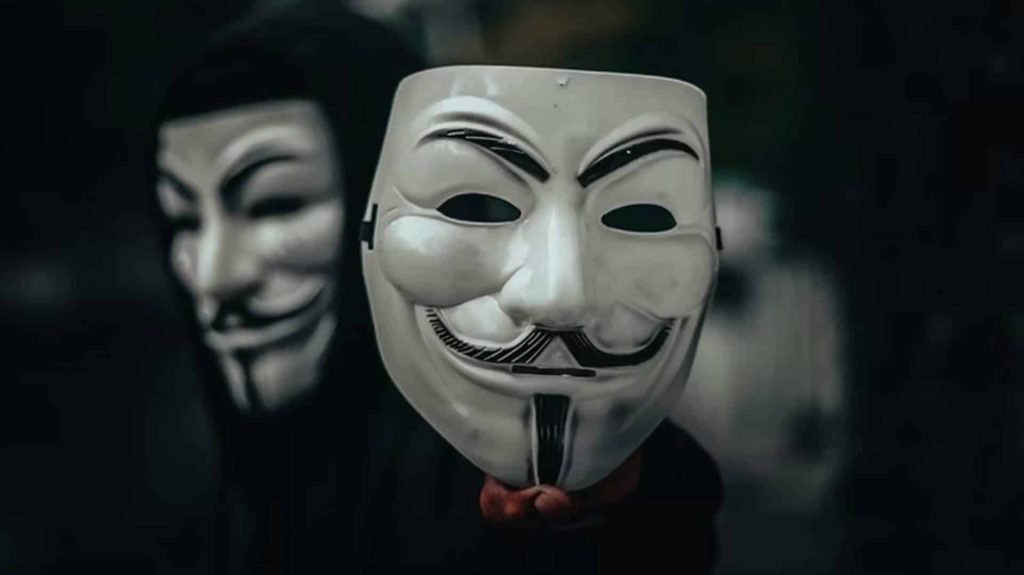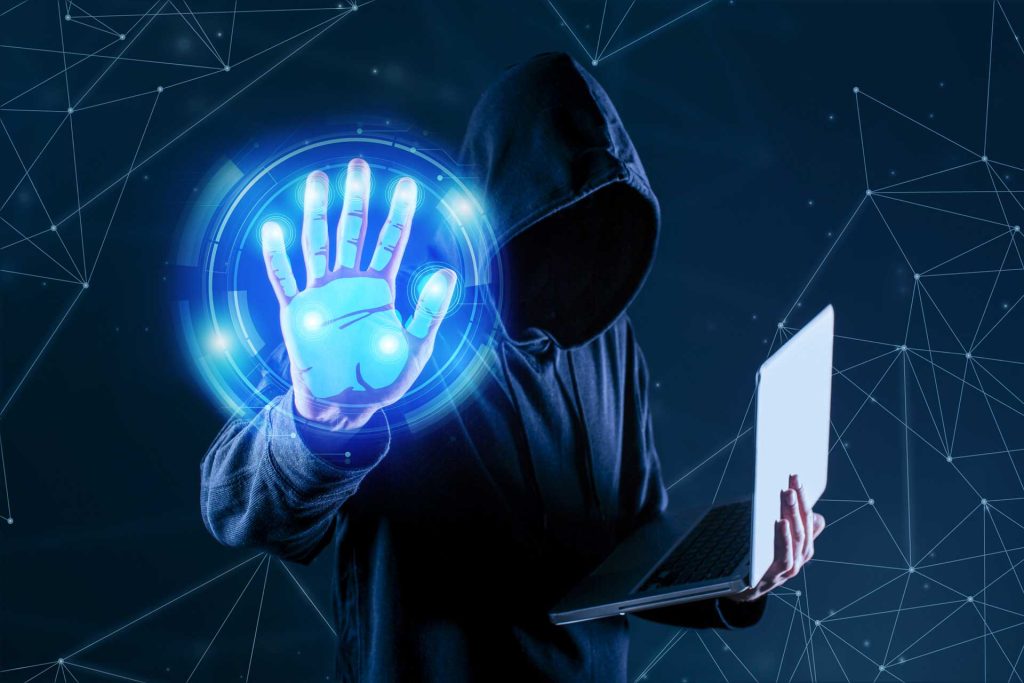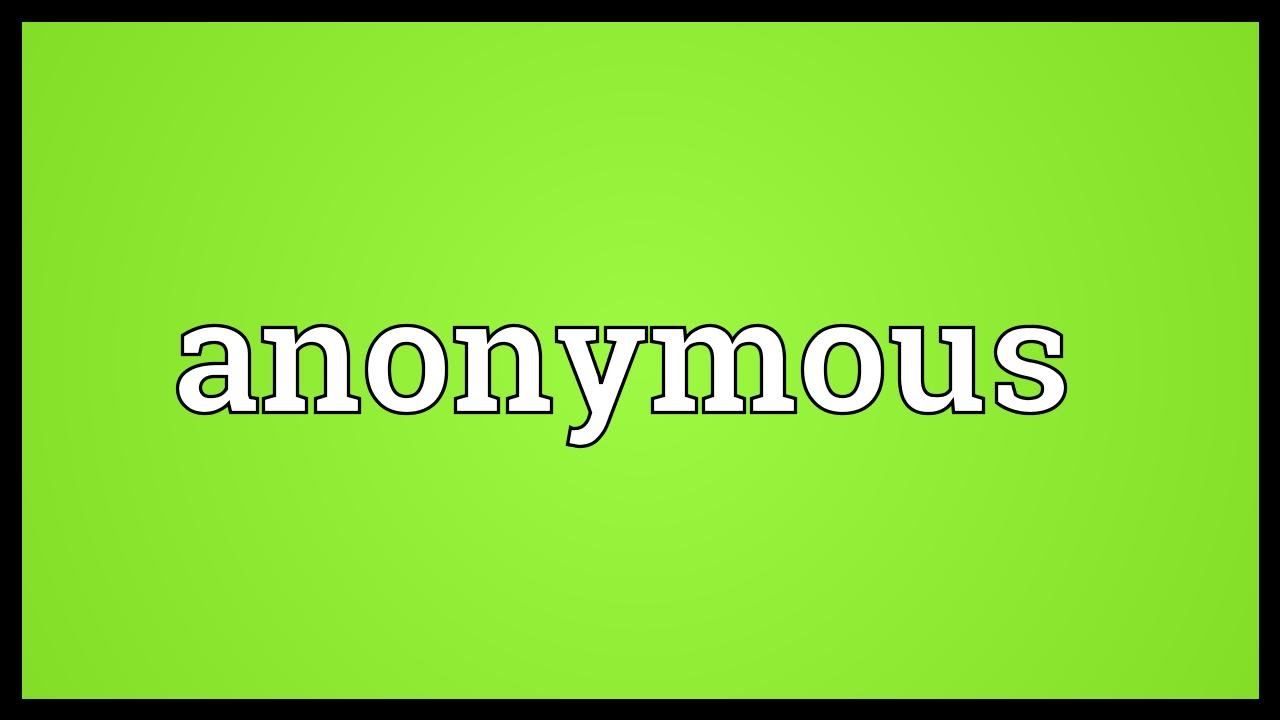Anonymous meaning. In today’s digital age, where privacy concerns and personal data security are at the forefront, the term “anonymous” has gained significant importance. Anonymity refers to the state of being unidentified or nameless, where individuals or entities choose to conceal their true identity. This article aims to delve into the anonymous meaning, its various aspects, and its relevance in different contexts.
What is Anonymous Meaning?
Anonymity, at its core, refers to the state of being unknown or unrecognized. It is the intentional act of concealing one’s true identity. In today’s digital world, where privacy concerns are paramount, the concept of anonymity has gained significant importance. In this article, we will delve into the anonymous meaning, its various aspects, and its relevance in different contexts.

The Significance of Anonymity
Anonymity holds great significance in numerous areas of life. It empowers individuals to express themselves freely without fear of judgment or consequences. By providing a shield of secrecy, anonymity allows people to share their thoughts, opinions, and experiences openly. It encourages honest communication and facilitates the exchange of ideas without the inhibitions associated with revealing one’s identity. However, anonymity also raises concerns related to accountability, ethical considerations, and the potential for misuse.
Anonymity in Online Communication
The rise of the internet has revolutionized the way we communicate and interact with others. Online platforms offer an environment where individuals can engage in discussions, express their views, and connect with people from diverse backgrounds. Anonymity in online communication enables users to participate without disclosing their true identity, encouraging more candid and open conversations. It can foster a sense of community, allowing individuals to share personal experiences, seek advice, and explore sensitive topics without fear of judgment or backlash. However, this anonymity can also lead to negative outcomes, such as cyberbullying, trolling, and the spread of misinformation.

Anonymity and Personal Privacy
In an era where personal data is constantly collected and analyzed, anonymity becomes a shield to protect one’s privacy. It allows individuals to navigate the digital landscape without revealing their true identities. Anonymity is particularly relevant when browsing the internet, engaging in online activities, or making transactions. By maintaining anonymity, individuals can safeguard their personal information, mitigate the risk of identity theft, and preserve their autonomy in the digital realm. Striking a balance between anonymity and security is crucial to ensure responsible online behavior while protecting personal privacy.
Anonymity in Whistleblowing
Whistleblowing plays a vital role in exposing corruption, unethical practices, or illegal activities. Anonymity offers protection to whistleblowers, shielding their identities from those who may seek to retaliate against them. By concealing their true identity, whistleblowers can come forward and disclose sensitive information without fear of retribution. Anonymity empowers individuals to expose wrongdoing, promoting transparency, and holding individuals and organizations accountable for their actions.

Anonymity and Freedom of Speech
Freedom of speech is a fundamental right in democratic societies, and anonymity has played a significant role in its exercise throughout history. Anonymity allows individuals to express their opinions and ideas without the fear of personal consequences. It can empower marginalized voices, providing a platform for them to be heard. Anonymity has historically been utilized in political dissent, the publication of controversial literature, and the sharing of dissenting viewpoints. By removing the fear of reprisal, anonymity fosters a climate of open expression, facilitating democratic discourse and societal progress.
Anonymity in Art and Literature
Anonymity has also found its place in the realm of art and literature. Some artists and authors choose to remain anonymous or use pseudonyms as a means of separating their personal lives from their creative work. By removing the focus from their identity, they shift the attention solely onto their artistic expression. Anonymity adds an aura of mystery and intrigue to their creations, inviting audiences to engage with the art itself rather than being influenced by the creator’s persona. It challenges traditional notions of authorship and allows for a more immersive and unbiased experience of the artwork.

Anonymity and Internet Security
In an age where cyber threats are prevalent, anonymity plays a crucial role in enhancing internet security. Techniques such as anonymizing networks and virtual private networks (VPNs) help individuals protect their online activities and maintain their privacy. Anonymity shields sensitive information from prying eyes, reducing the risk of identity theft, surveillance, and cyberattacks. It allows individuals to browse the internet, access restricted content, and communicate securely, safeguarding their digital footprint.
Anonymity and Cyberbullying
While anonymity can foster open expression, it can also contribute to negative online behavior, such as cyberbullying. The ability to hide behind a pseudonym or anonymous profile empowers some individuals to engage in harmful activities without immediate repercussions. Cyberbullying, harassment, and online trolling are significant concerns in the digital age. Striking a balance between anonymity and responsible online conduct is essential to prevent the misuse of anonymity and mitigate the adverse effects on individuals’ well-being.
The Ethical Dilemma of Anonymity
Anonymity raises ethical questions, especially in situations where it can be used to perpetrate malicious activities or spread misinformation. While anonymity provides a shield for personal expression and protects vulnerable individuals, it can also be misused for harmful purposes. The challenge lies in finding a balance between protecting individual rights and ensuring accountability for one’s actions. Responsible use of anonymity, guided by ethical considerations, is crucial to harness its potential while minimizing its negative impact on society.

Anonymity and Political Activism
Throughout history, anonymity has been closely intertwined with political activism. It has been a powerful tool for those seeking to challenge oppressive regimes, advocate for human rights, and fight for social justice. Anonymity enables individuals to express dissenting opinions, organize protests, and mobilize for change without fear of persecution. It protects activists from government surveillance, enabling them to operate covertly and strategically. Anonymity has played a significant role in shaping social and political movements, amplifying marginalized voices, and bringing about societal transformations.
Anonymity and Research Ethics
In the realm of research, anonymity is crucial for protecting the privacy and confidentiality of participants. Research studies involving human subjects often rely on anonymizing data to ensure individuals’ identities remain undisclosed. Anonymity safeguards participants’ privacy rights, enabling them to provide honest responses and share sensitive information without the fear of their identities being revealed. Researchers must adhere to strict ethical guidelines and regulations to maintain confidentiality and respect participants’ autonomy.
Anonymity in Cryptocurrencies
Cryptocurrencies, such as Bitcoin, offer a certain degree of anonymity in financial transactions. While providing privacy benefits, this anonymity has also raised concerns regarding money laundering, tax evasion, and other illegal activities. Striking a balance between privacy and regulatory requirements is a constant challenge in the evolving landscape of cryptocurrencies. Innovations in blockchain technology aim to enhance transparency while preserving the privacy of individuals engaged in cryptocurrency transactions.
Anonymity in Healthcare
Anonymity plays a significant role in healthcare settings, enabling patients to seek treatment without fear of judgment or discrimination. It allows individuals to discuss sensitive health issues openly, leading to better diagnosis, treatment, and overall healthcare outcomes. Anonymity can empower patients to disclose personal information, mental health struggles, or stigmatized conditions, facilitating trust between patients and healthcare providers. However, healthcare professionals must navigate the delicate balance between anonymity and ensuring appropriate care, accurate medical records, and accountability.
Conclusion
Anonymity is a complex concept with both advantages and drawbacks. It empowers individuals, protects privacy, and encourages freedom of expression. However, its responsible use is essential to prevent misuse and address ethical considerations. Striking the right balance between anonymity and accountability is crucial in navigating the complexities of our digital age.
Also Read: Impact of Mobile Payment Methods on Online Casino Singapore
Frequently Asked Questions
Anonymity can have both positive and negative implications. While it enables freedom of expression and protects privacy, it can also lead to misuse and unethical behavior.
Anonymity in online communities can contribute to cyberbullying, the spread of misinformation, and the potential for abusive behavior.
Anonymity provides a shield for whistleblowers, safeguarding their identities and minimizing the risks they face when exposing sensitive information.
The legality of anonymity depends on the context and jurisdiction. While anonymity is generally protected as a fundamental right, there are exceptions when it comes to illegal activities.
Ensuring anonymity in research studies involving human subjects is essential to protect participants’ privacy and comply with ethical standards and regulations.

